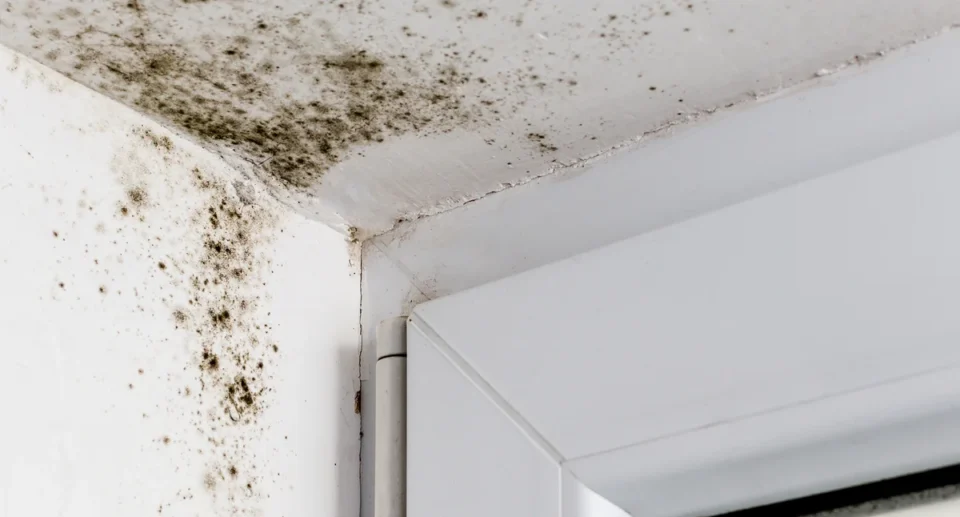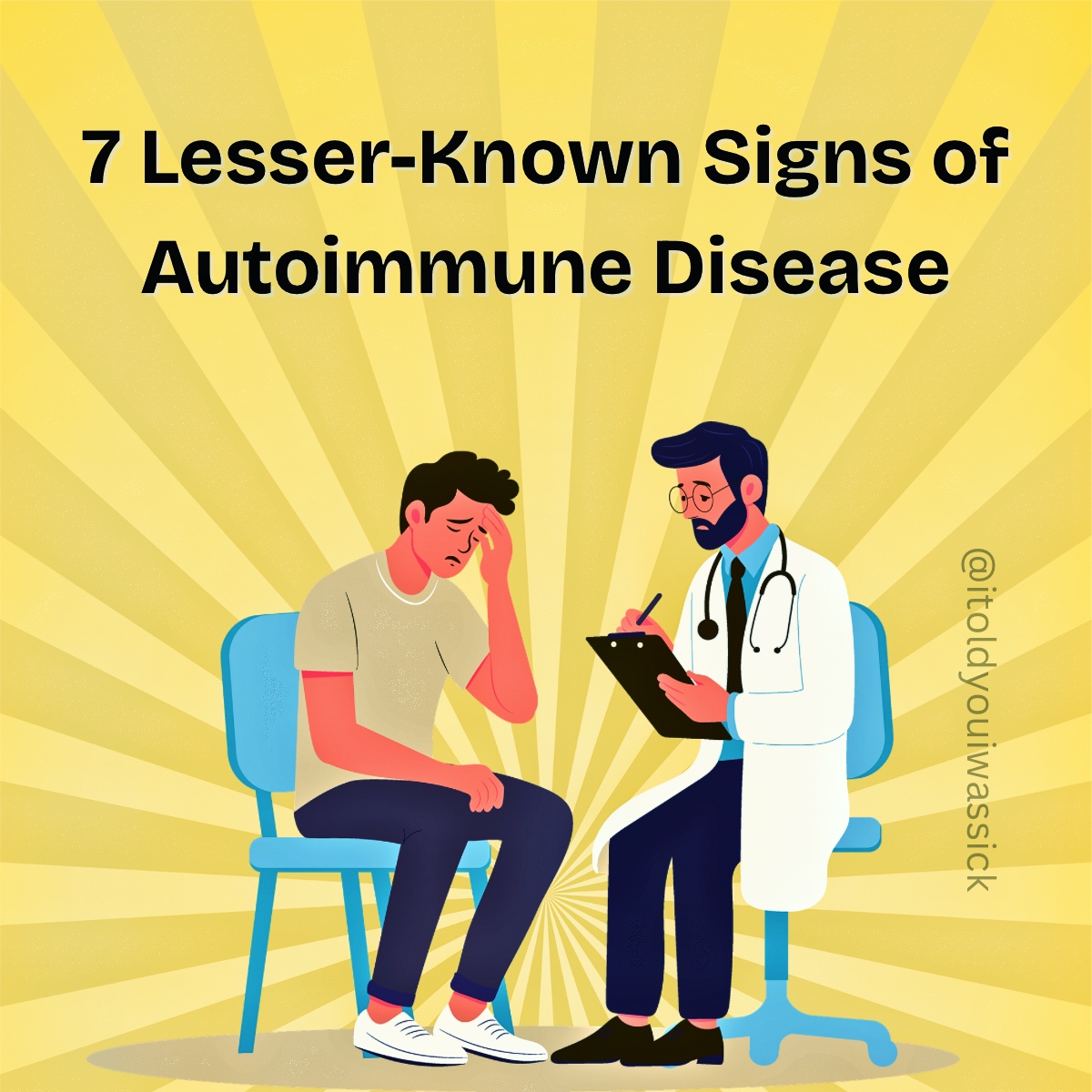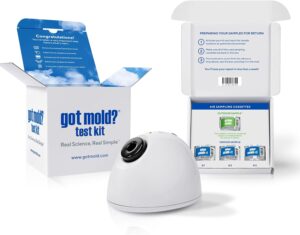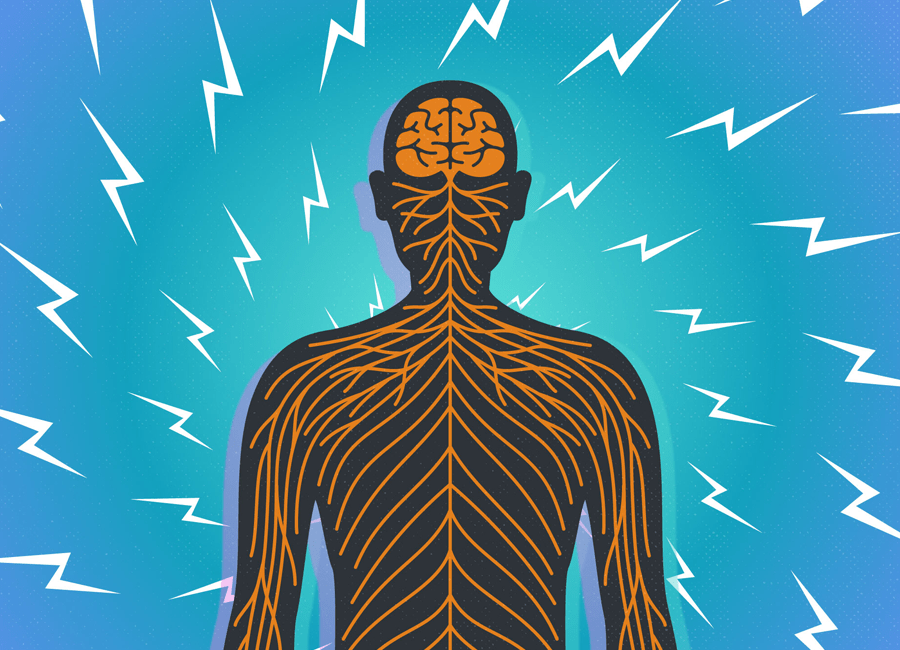Could Your Strange Symptoms Be Related to Black Mold?

Could Your Strange Symptoms Be Related to Black Mold?
Black mold sounds like an evil character from a DC Comics film. Sinister, creepy and found in dark, hidden places, it is enough to make you call out for Superman to help you. Far from being an evil supervillain, black mold’s scientific name is Stachybotrys Chartarum, and it is a fungus that thrives in damp environments.
This home invader may be the cause of your strange, persistent symptoms.
What are the health impacts of black mold?
Strange symptoms, including respiratory problems, persistent headaches, and fatigue, could result from sharing your home with mold. However, many of the strange symptoms you experience can be attributed to other common ailments, such as a common cold or hay fever, but the coming together of symptoms and their longevity should raise concern.
Ask yourself if you have experienced the following symptoms for more than a couple of weeks:
- Unexplained fatigue even when you have had adequate rest.
- Chronic headaches, which may come with dizziness and light sensitivity.
- Respiratory issues include wheezing, coughing, and shortness of breath. (You may even experience chronic sinusitis. This will likely be worse for those with pre-existing conditions such as asthma, who may find their breathing worse than normal.)
- Skin irritation, such as rashes and hives.
- Cognitive impairment, such as brain fog, poor memory, and difficulty concentrating. At its worst, it can cause people to feel confused.
Could I have black mold?
Black mold is toxic, and we often don’t realize we live with it. The critical concern is the persistence of these symptoms.
Detecting black mold in your home can be as easy as engaging your five senses:
- Can you smell a musty odor? It has a musty, earthy smell and is quite distinctive.
- Can you see visible patches of black or green staining on walls, ceilings or across floors? This is a definite sign you need to act.
- Can you hear leaking water or see signs of water damage? Black mold thrives in damp conditions, and any leak is a prime invitation for it to grow.
Still not sure? Get some backup with the “Got Mold?” DIY Test Kit.* (This way you can avoid being swindled by a mold remediator quick to declare you have more of a mold problem than you do to make an extra buck.)
What should I do if I suspect black mold?
While you don’t need a superhero to rid yourself of black mold, you might need someone specializing in professional remediation services. If you live in a rented property, your landlord is expected to clear this problem urgently. Contact them directly.
If you own your home, you should hire a professional to treat the areas and ensure all signs of black mold are gone. To prevent the problem from occurring in the future, you might want to improve the ventilation in this area, buy dehumidifiers, address all potential leaks, or deal with water damage immediately.
Keep your home as a haven.
It’s distressing to think that our home is the cause of our weird symptoms. We feel this should be a place of safety. Yet keeping up with the maintenance is essential if we want to keep squatters such as black mold from sharing our space with us.
*Affiliate Disclosure: Site owner earns commissions through purchases made through affiliate links.










